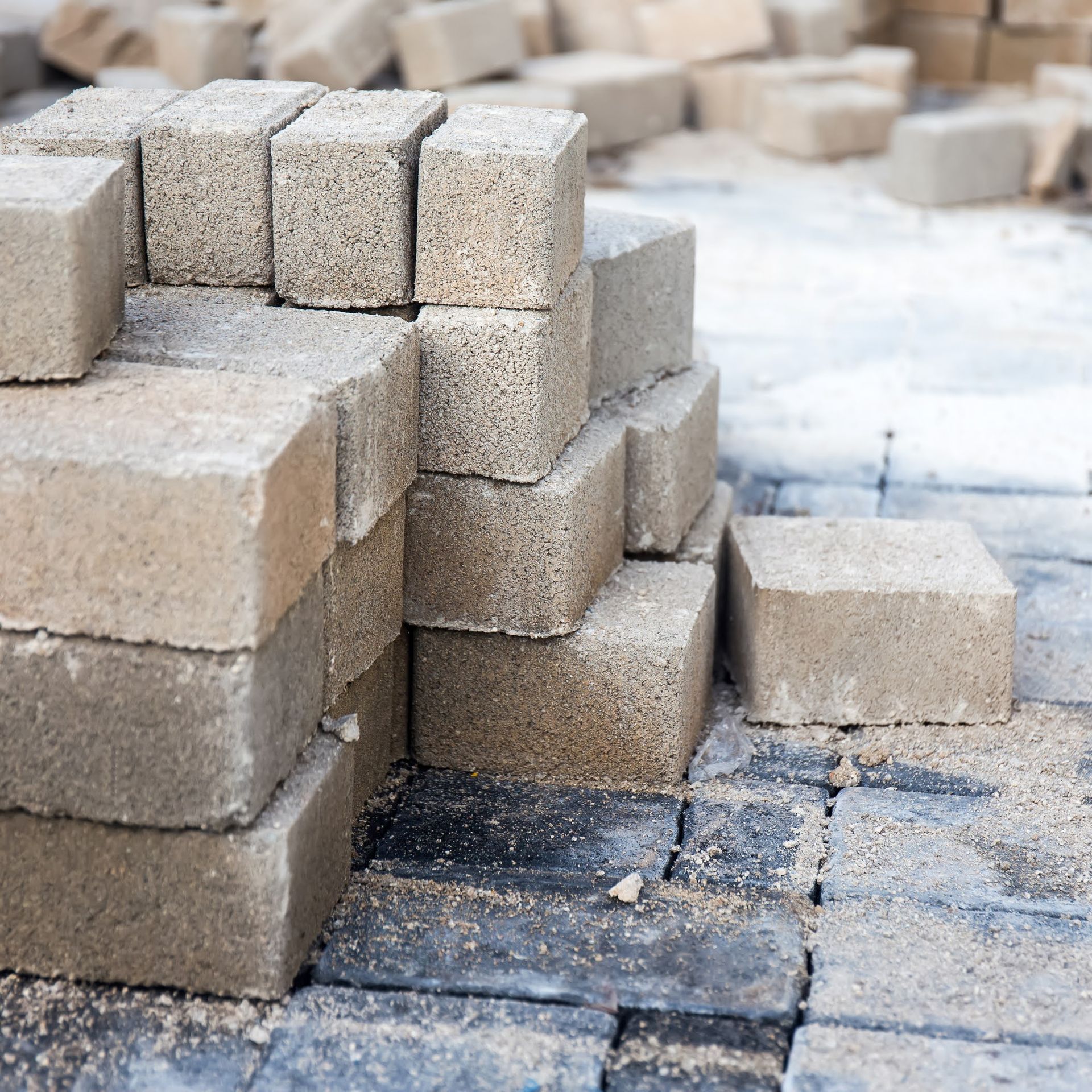Commercial Asphalt Paving vs. Concrete: Which is Better for Your Business?
As a business owner in Red Bank, NJ, deciding between commercial asphalt paving and concrete for your property is a crucial decision that impacts cost, longevity, and maintenance. Understanding the differences between these two materials can help you make an informed choice that best suits your business needs.
Cost
When it comes to initial cost, asphalt paving is generally more affordable than concrete. Asphalt paving typically requires a smaller upfront investment, making it an attractive option for businesses looking to save on construction costs. The installation process for asphalt is also quicker, which can reduce labour costs and minimize disruption to your business operations.
On the other hand, concrete paving often comes with a higher initial price tag. The material itself is more expensive, and the installation process is labor-intensive and time-consuming. However, the higher initial cost of concrete can sometimes be offset by its longevity and lower maintenance requirements over time.
Longevity
In terms of longevity, concrete often outperforms asphalt. A well-constructed concrete pavement can last up to 30 years or more with minimal maintenance. Its durability makes it a popular choice for businesses that expect heavy traffic and want a long-term solution.
Asphalt, while durable, generally has a shorter lifespan of around 15-20 years. However, advancements in asphalt technology have improved its durability, and it can still be a viable option for many commercial properties. Regular maintenance, such as sealcoating and minor repairs, can extend the lifespan of an asphalt pavement significantly.
Maintenance
Maintenance is another critical factor to consider when choosing between asphalt and concrete. Asphalt requires more frequent maintenance than concrete, including periodic sealcoating and crack filling. These maintenance tasks are essential to keep the asphalt in good condition and prevent more significant, costly repairs down the line.
Concrete, on the other hand, is relatively low maintenance. It is more resistant to wear and tear, and issues such as cracks or surface damage occur less frequently. When maintenance is needed, it usually involves filling cracks or applying a protective sealant.
Environmental Considerations
Both asphalt and concrete have environmental impacts, but there are differences to consider. Asphalt is a petroleum-based product, which raises concerns about its environmental footprint. However, it is also highly recyclable. Reclaimed asphalt pavement (RAP) is commonly used in new asphalt projects, reducing waste and the need for new materials.
Concrete production, while not as reliant on petroleum, has its environmental downsides, primarily due to the energy-intensive process of cement production. However, concrete can also be recycled and repurposed for other construction projects, contributing to a more sustainable construction practice.
Asphalt paving vs. Concrete
Choosing between commercial asphalt paving and concrete for your business, ultimately depends on your specific needs, budget, and long-term goals. Asphalt offers a lower initial cost and quicker installation but requires more regular maintenance. Concrete, while more expensive upfront, provides superior longevity and lower maintenance requirements.
For expert advice and high-quality paving services, consider reaching out to Trinity Paving & Sealcoating. Our team of experienced professionals can help you make the best decision for your commercial property, ensuring a durable and cost-effective solution tailored to your needs.
Contact Trinity Paving & Sealcoating today at
732-741-7283 to discuss your project and receive a personalized quote for your business in Red Bank, NJ.

CONTACT INFORMATION
Phone: (732) 741-7283
Email: support@trinitypavingnj.com
BUSINESS HOURS
Mon - Sat: 7-7
NJ LIC 13VH09750800





